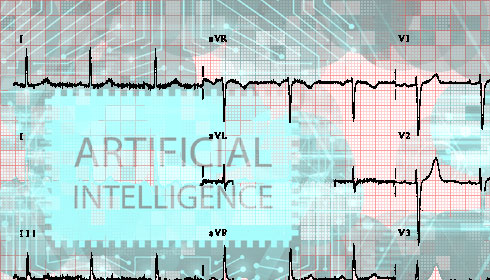
AI-ECG Model shows promise in identifying patients needing urgent heart care
Recent research has highlighted that an artificial intelligence algorithm called "Queen of Hearts" can detect patients with chest pain that require immediate heart treatment with superior accuracy when compared to traditional criteria. The AI-ECG model, with an accuracy of 90.9%, sensitivity of 80.6%, and specificity of 93.7%, was found to be capable of detecting double the number of patients with blocked coronary arteries, thus improving the categorization of acute coronary syndrome cases.
Recent research has highlighted that an artificial intelligence algorithm called "Queen of Hearts" can detect patients with chest pain that require immediate heart treatment with superior accuracy when compared to traditional criteria. The AI-ECG model, with an accuracy of 90.9%, sensitivity of 80.6%, and specificity of 93.7%, was found to be capable of detecting double the number of patients with blocked coronary arteries, thus improving the categorization of acute coronary syndrome cases.
According to media reports, through the PMcardio smartphone app, the "Queen of Hearts" algorithm can offer a faster and more accurate diagnosis by interpreting a photo of an ECG. Pilot studies are underway in several U.S. and European centres to assess the impact of the AI-ECG model on patient outcomes and healthcare costs.
Dr. Robert Herman anticipates this technology could reduce false-positive cath lab activations, leading to significant financial advantages for health systems. The AI-ECG model may also reshape clinical guidelines, moving away from the traditional ST-elevation criteria to focus on the coronary artery's condition. However, experts caution that further prospective validation and implementation studies are essential to confirm the algorithm's transformative impact in clinical practice.
The study's ultimate goal is to ensure timely interventions for patients in need and explore how this technology can reduce adverse clinical outcomes in the long run.